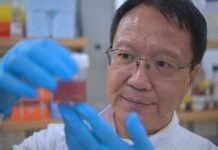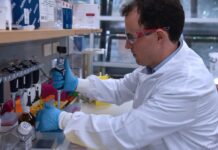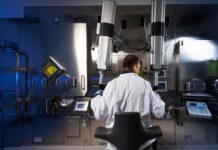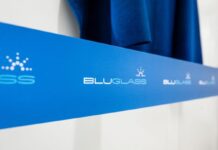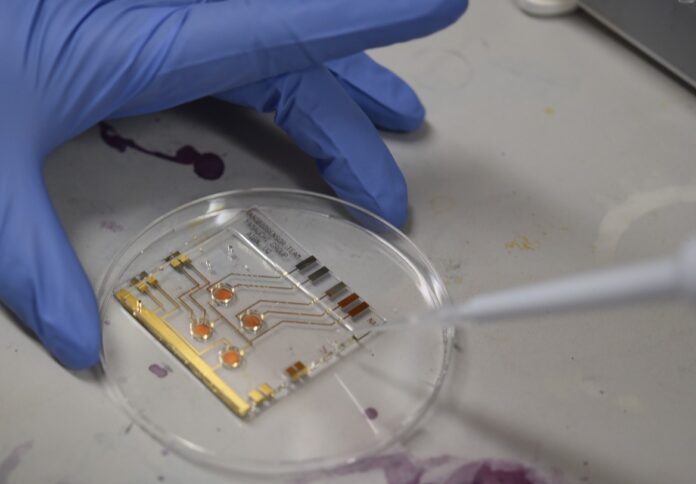
Researchers at the Australian Institute for Bioengineering and Nanotechnology (AIBN) are developing a cutting-edge device designed to detect ovarian cancer in its earliest stages.
This initiative, spearheaded by nanodiagnostics specialist Dr Mostafa Kamal Masud, aims to address the challenges of early detection and improve survival rates for the thousands of women diagnosed each year, AIBN said in a media release.
Dr Masud, armed with a $750,000 Next Generation Cancer Research Fellowship from Cancer Council Queensland, will work over the next five years to create a low-cost, benchtop device capable of identifying the initial indicators of ovarian cancer in blood samples.
The device will also monitor the progression of the disease throughout treatment, offering a comprehensive tool for both detection and ongoing care.
“The testing methods for ovarian cancer that do exist are quite expensive and tedious, which makes screening very tricky,” Dr Masud explained.
“And of course the longer something like this is left undiagnosed, the more serious the problem becomes.
He added, “That is why many people diagnosed with ovarian cancer have already reached a point where it has spread to other parts of their body.”
Every year, AIBN said around 1,800 Australian women receive an ovarian cancer diagnosis, with 70 per cent of these cases already at an advanced stage by the time of detection.
Dr Masud’s innovative sensor technology aims to shift this paradigm by enabling early intervention through accessible and affordable testing.
The new device will leverage novel mesoporous nanostructures that can automatically isolate, purify, and detect cancer biomarkers in blood samples. Designed to be portable and user-friendly, the biosensor will allow general practitioners to conduct tests in their offices, bypassing the need for specialized technicians and equipment typically required for such screenings.
“Whether someone has access to cancer testing should not be determined by their postcode, or whether they have a certain amount of money,” Dr Masud emphasised.
“Therefore, we are designing a cost-effective device that collects all the information and processes it on the spot, with results available within two hours.”
Andrew Donne, CEO of Cancer Council Queensland, expressed pride in supporting researchers like Dr Masud through the Next Generation Cancer Research Fellowships program.
“Replacing the ACCR grants scheme, these fellowships fund early career cancer researchers – like Dr Mostafa Kamal Masud – who are on the frontline of clinical innovations in cancer detection and treatment,” Donne stated.
“Thanks to our generous donors, we are enabling local researchers to achieve global breakthroughs, and we are committed to supporting their life-saving work,” Donne remarked.


